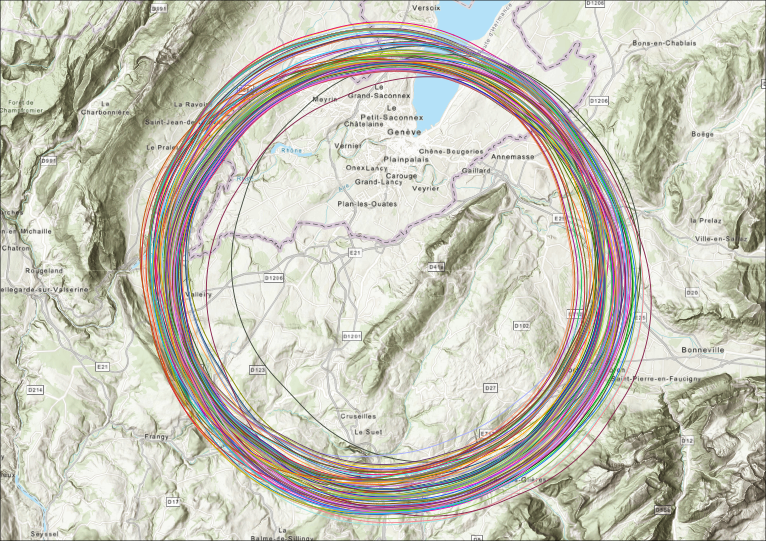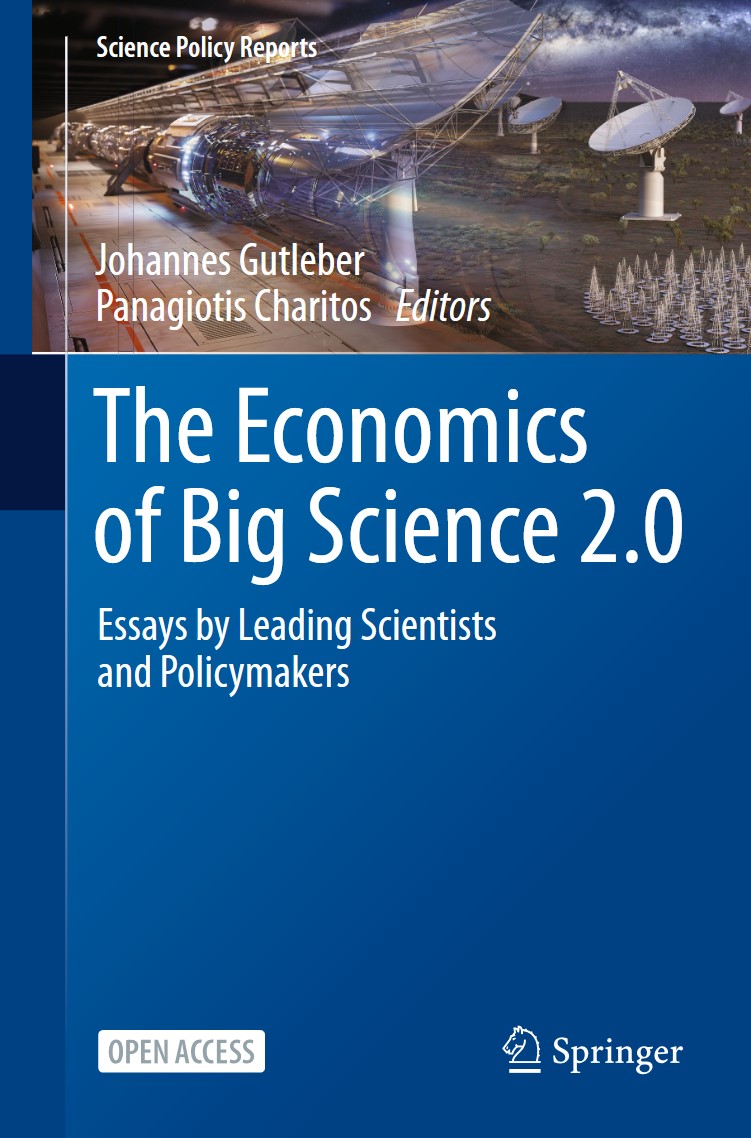
Two events in Brussels have highlighted the potential of the Future Circular Collider (FCC) to support new innovations and strengthen Europe's global competitiveness.
On 24 October, the final event of the FCC Innovation Study (FCCIS) celebrated the achievements of this EU Horizon 2020 project as it concluded its four-year journey that began in November 2020. Preceding this, a book launch of "The Economics of Big Science 2.0", published as part of the project, took place on 23 October.

The FCCIS supported the ongoing FCC Feasibility Study by setting up structures to enable collaboration by a worldwide community. It carried out placement studies that weighed geological and territorial constraints against machine requirements and physics performance, and made progress with beam studies, prototype development, collider and booster accelerator designs, beam dynamics evaluations and measurement techniques.

Speakers at the FCCIS event included José Luis Martínez, Chair of the European Strategy Forum on Research Infrastructures (ESFRI), and Alexandr Hobza, formerly Chief Economist at the European Commission's (EC) Directorate-General for Research and Innovation and newly appointed expert in the cabinet of the EC Executive Vice-President. Both emphasised the important role that research infrastructures play in boosting European competitiveness.
The FCCIS also contributed to the development of sustainability guidelines for future particle accelerators, aligning with recommendations from the EC and ESFRI. These guidelines, due to be published in 2025, will help to evaluate the socioeconomic impact of research infrastructures. In a similar vein, the book launch of "The Economics of Big Science 2.0" underscored the potential of big science to create lasting societal benefits.
"I am proud that we have financed the feasibility study for CERN's future circular collider. This could preserve Europe's scientific edge, and it could push the boundaries of human knowledge even further," said Ursula von der Leyen, President of the European Commission, referring to the FCCIS contribution to the ongoing FCC Feasibility Study in her speech at the official ceremony for CERN's 70th anniversary.
The FCCIS project is one example of strong cooperation between CERN and the EC, which supports projects and initiatives led by research infrastructures, such as ATTRACT. This cooperation, carried out in the framework of a 2009 Memorandum of Understanding, recognises CERN's role in elevating Europe's standing as a leading global hub for research and innovation, and 2024 saw many valuable discussions at different levels. Strong cooperation with the EC is particularly timely and relevant in the light of the new Commission having taken office on 1 December and the publication of the strategic high-level reports "Much more than a market" by Enrico Letta in April and "The future of European competitiveness" by Mario Draghi in September, with the latter explicitly mentioning the FCC and calling for concrete support for it by the EC.
"We are striving to significantly step up the current level of cooperation with the EC," emphasises Raphaël Bello, CERN Director for Finance and Human Resources. "We are now at a turning point in CERN's history: without the EC, CERN's next flagship project, whether it is the FCC or another option, may not happen. Maintaining CERN's global leadership at a time of geopolitical competition in science and technology is a top strategic priority not just for CERN's Member States but for the European Union as a whole."
The conclusion of the FCCIS project marks a major step forward for the preparation of the FCC Feasibility Study final report, due in March 2025 ahead of the next update of the European Strategy for Particle Physics.






